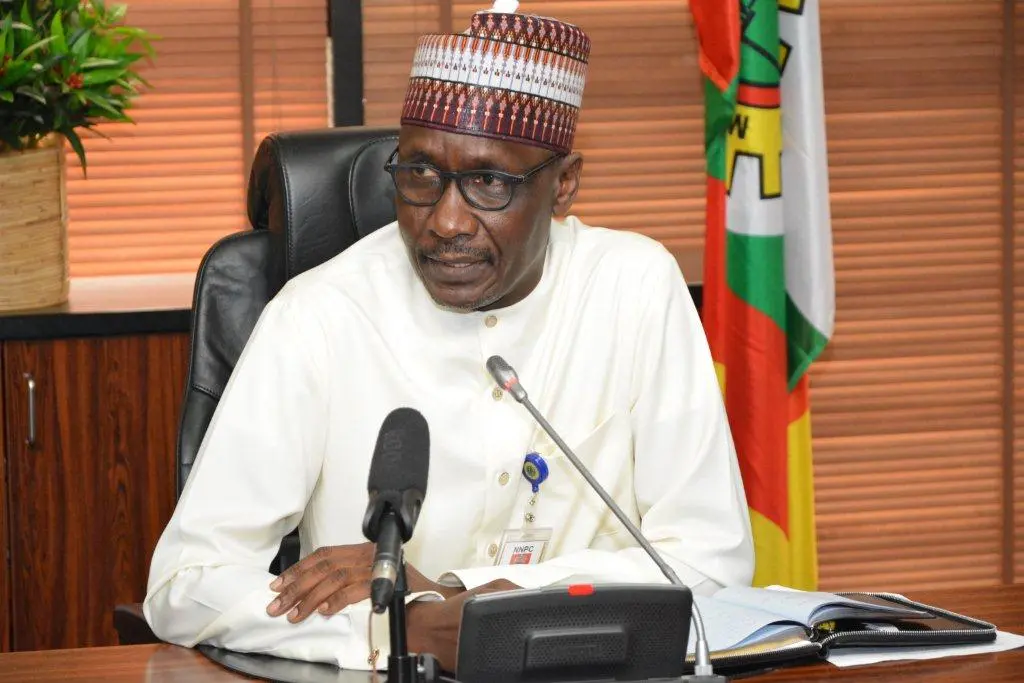The Group Chief Executive Officer of the Nigerian National Petroleum Company Limited (NNPCL), Mr. Mele Kyari, has praised the removal of fuel subsidies in Nigeria as a significant factor in reducing cross-border fuel smuggling, particularly of Premium Motor Spirit (PMS).
In a recent interview on Channels TV, Mr. Kyari elaborated on the consequences of the long-standing fuel subsidy and its eventual removal. He explained that the subsidy had inadvertently created a highly profitable market for smugglers. Fuel was being purchased at a heavily subsidized price in Nigeria and then illegally transported to neighboring countries, where it was sold at a higher price, making cross-border smuggling highly lucrative.
Kyari noted that before the subsidy was removed, the price difference between Nigeria and its neighboring countries was substantial. Smugglers took advantage of this gap, buying fuel at a reduced price in Nigeria and smuggling it across borders for a large profit margin. This illicit trade not only drained the country of valuable resources but also distorted the energy market.
“The removal of the subsidy has effectively calibrated fuel prices, eliminating the profitability of smuggling,” Kyari stated. Since the end of the fuel subsidy regime, the NNPCL boss emphasized that smugglers no longer benefit from the price disparity that previously existed. The harmonization of fuel prices between Nigeria and its neighbors has created a disincentive for illegal fuel transportation.
Kyari stressed that this shift has not only curbed the rampant smuggling but has also brought about greater price parity and equalization between legitimate and illegal transportation routes. According to Kyari, “the cost disparity between legitimate and illegal transportation of PMS is now significant, with legal transportation being much less profitable.”
Moreover, Kyari pointed out that the removal of fuel subsidies is more than just a victory against smuggling. It signals a positive development for Nigeria’s energy sector as a whole. With the removal of subsidies, Nigeria can now redirect funds to critical areas of development and provide consumers with fair prices, ensuring that they are not bearing the brunt of a skewed and mismanaged system.
“This is a game-changer in the fight against cross-border fuel smuggling. For decades, the subsidy created a lucrative opportunity for smugglers to profit from the price difference between Nigeria and neighboring countries. The removal has effectively reduced this opportunity and will have lasting positive effects on the country,” Kyari added.
The Nigerian government’s move to eliminate fuel subsidies has faced some criticism due to the initial impact on fuel prices and consumer pockets. However, the decision is gradually proving to be a strategic policy that benefits the country’s energy landscape. Kyari’s insight sheds light on how the subsidy removal has tackled a major concern—cross-border smuggling—which had plagued Nigeria for years.
Mr. Kyari’s leadership at NNPCL continues to be instrumental in managing the country’s energy resources, and his recent comments further emphasize the importance of this policy shift. The removal of subsidies marks a critical turning point in the Nigerian fuel industry, with a positive outlook on combating fuel smuggling and strengthening the economy.






